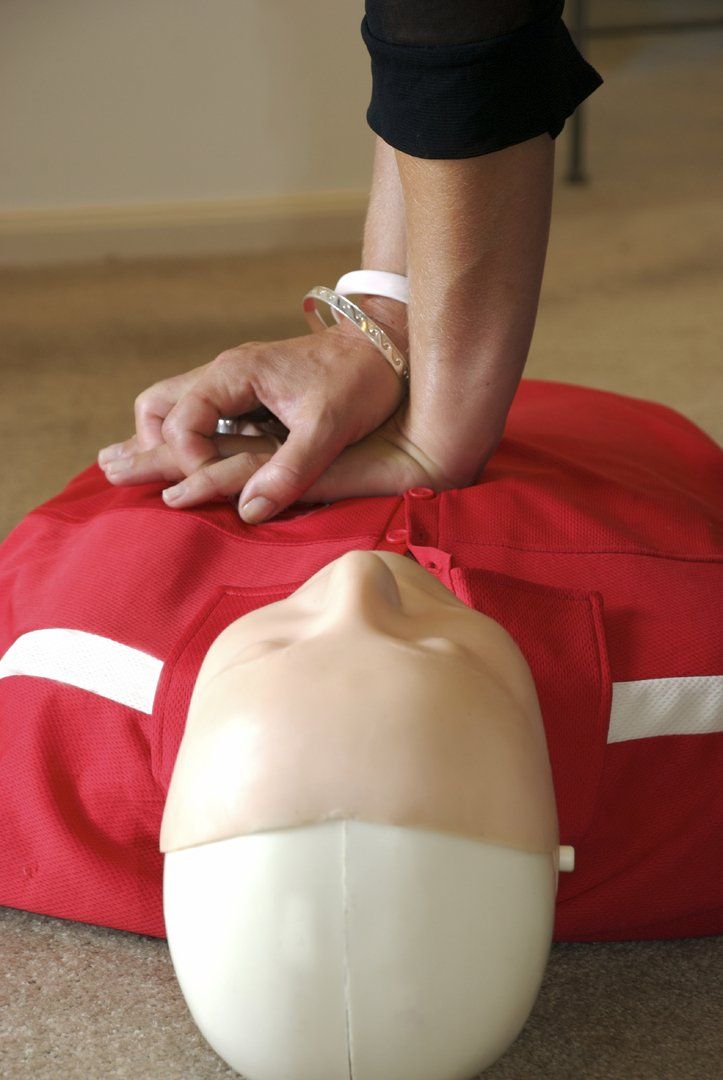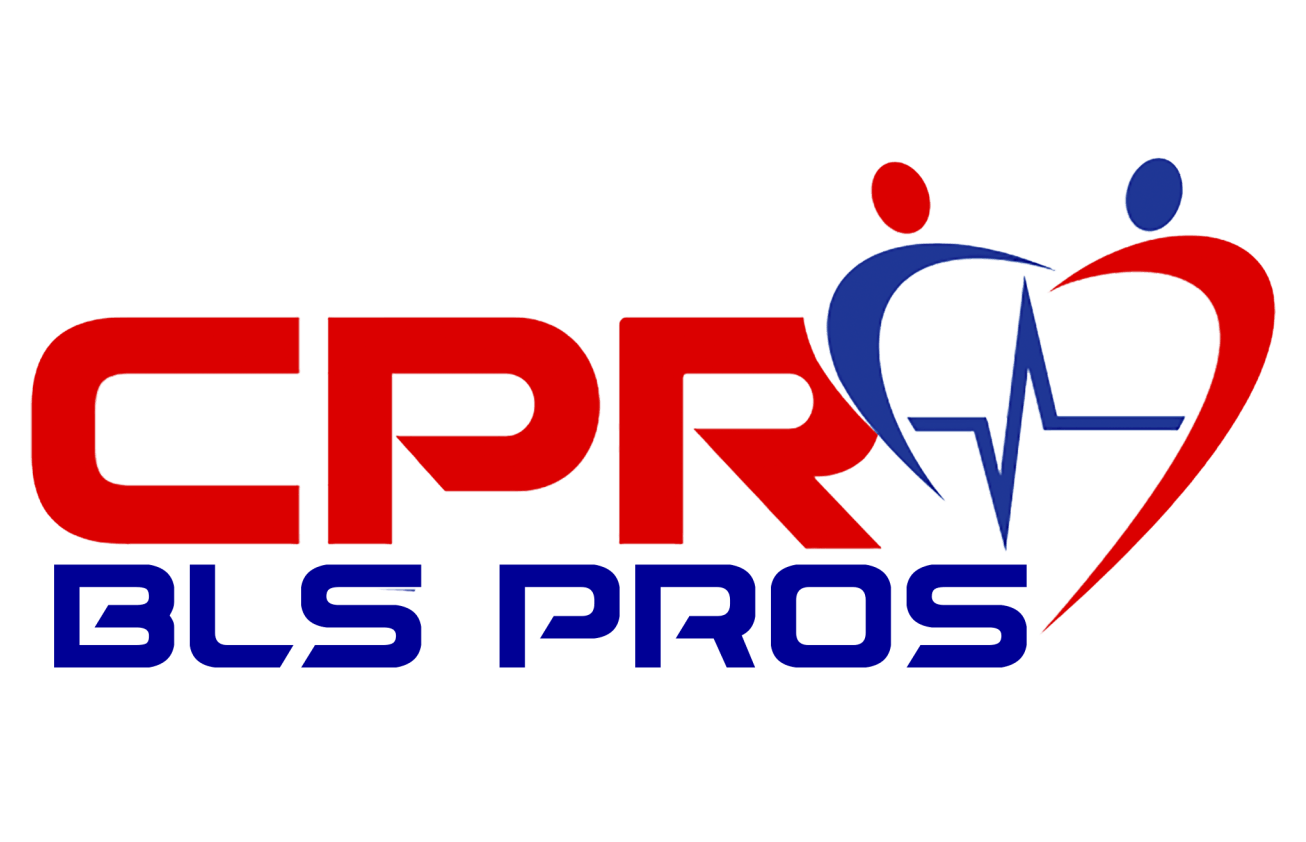STROKE SURVIVOR
Tonya’s husband, Philip Mark Kincaid – know to his friends as Mark - had an ischemic stroke 10 years ago at the age of 42, from high blood pressure that no one was aware that he had. Tonya wanted to share his story to recognize Mark as Stroke Hero and in honor of World Stroke Day on October 29.
Mark was taking up money at a high school football game when he began to sway and couldn't find his words. His friend caught him and sat him down. An ambulance was there and EMTs immediately took him to the local hospital. Our family doctor walked in with him and sent him straight to the CT room. Code blue was called while he was getting the scan. Our doctor intubated him and told us he had a large blood clot in his brain. He was flown to Bristol Wellmont Hospital in Bristol, TN. When we arrived, the surgeon said Mark's clot had grown into a tennis ball size clot. He continued to tell us how the clot would rupture if he attempted surgery. But since Mark was such a young man, he would attempt the surgery if we wanted him to. Of course, that was our only option. He explained that the odds of him surviving the surgery were very low and if by some chance he did survive he said, "He will have no quality of life." Surgery was performed and he did survive and the clot did not burst. We were told he would never walk, talk, or communicate again and that we would have to just take care of him for the rest of his life.
Mark woke up hours after the surgery and we saw recognition immediately in his eyes. Mark continued to amaze the doctors with his improvements. He did have right side paralysis and was on the ventilator for quite a while After several weeks, Mark was ready to go to a rehab facility. He was sent to our local hospital for a few days until he could get a bed at Cardinal Hill in Lexington, KY. When the speech therapist and family doctor removed his feeding tubes and trach, Mark could not find his words. It was all jumble. He was then diagnosed with aphasia
Mark was admitted to Cardinal Hill where he continued to defy all odds and continued to improve. He still had right-side paralysis but managed to walk on a walker before he was discharged. He still had aphasia and also apraxia.
It's been 10 years and although he was never supposed to walk, talk or function again, he has managed to do it all. He has never given up. He does therapy every year - speech, physical and occupational. He works on home exercises and is now up to walking three miles a day. He has no use of his right hand or arm. With the use of a full leg brace, he walks and goes anywhere he wants. He cannot walk without either the leg brace or his Bioness units. Unfortunately, he never got all of his speech restored. He has good days and good words but he can't use full sentences most days, but that never stopped him. He communicates through some words, his iPad or will write things down.
He decided to focus his efforts on Stroke Awareness and Education for his community.
He is one of the first members of the UK Stroke Support Group. The group does Stroke Education and Awareness in schools, stroke screenings in different locations making people aware of the symptoms. They also work with the Hazard ARH rehab center to help patients learn how to cope with the struggles associated with the aftermath of a stroke.
Mark hasn’t stopped there. He has participated in round table meetings at EKU for the graduate students to help educate them about the needs and feelings of a stroke patient.
He is a member of the PCORI research group that developed a “What to Know Before You Go” booklet for stroke survivors and caregivers that is given to them before they are discharged to return home.
In addition to that, he has been involved in a project that is in the developmental stages called, Kentucky Appalachian Assistive and Rehabilitation Technology Center (KAART). He serves as a member of the KAART council.
He was involved in the declaration of May as Stroke Awareness month in Letcher County by Judge Adams in his honor.
He just recently volunteered at the RAM clinic helping the Stroke Support group perform stroke screenings for the community. He gets up every day with a purpose to improve himself and to help others. He is such an inspiration to us and to the many people who know him.
He has never given up and he amazes us daily with his determination.
The doctors gave him no hope and no chance of survival. He has proven them all wrong and continues to every day.


